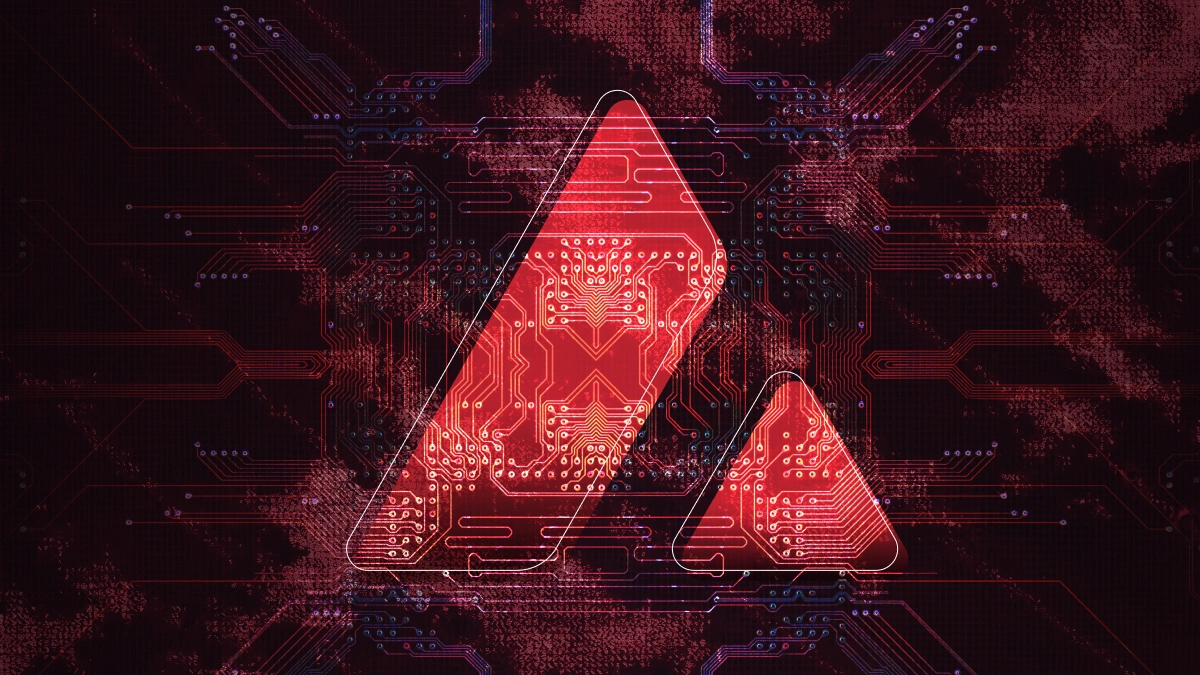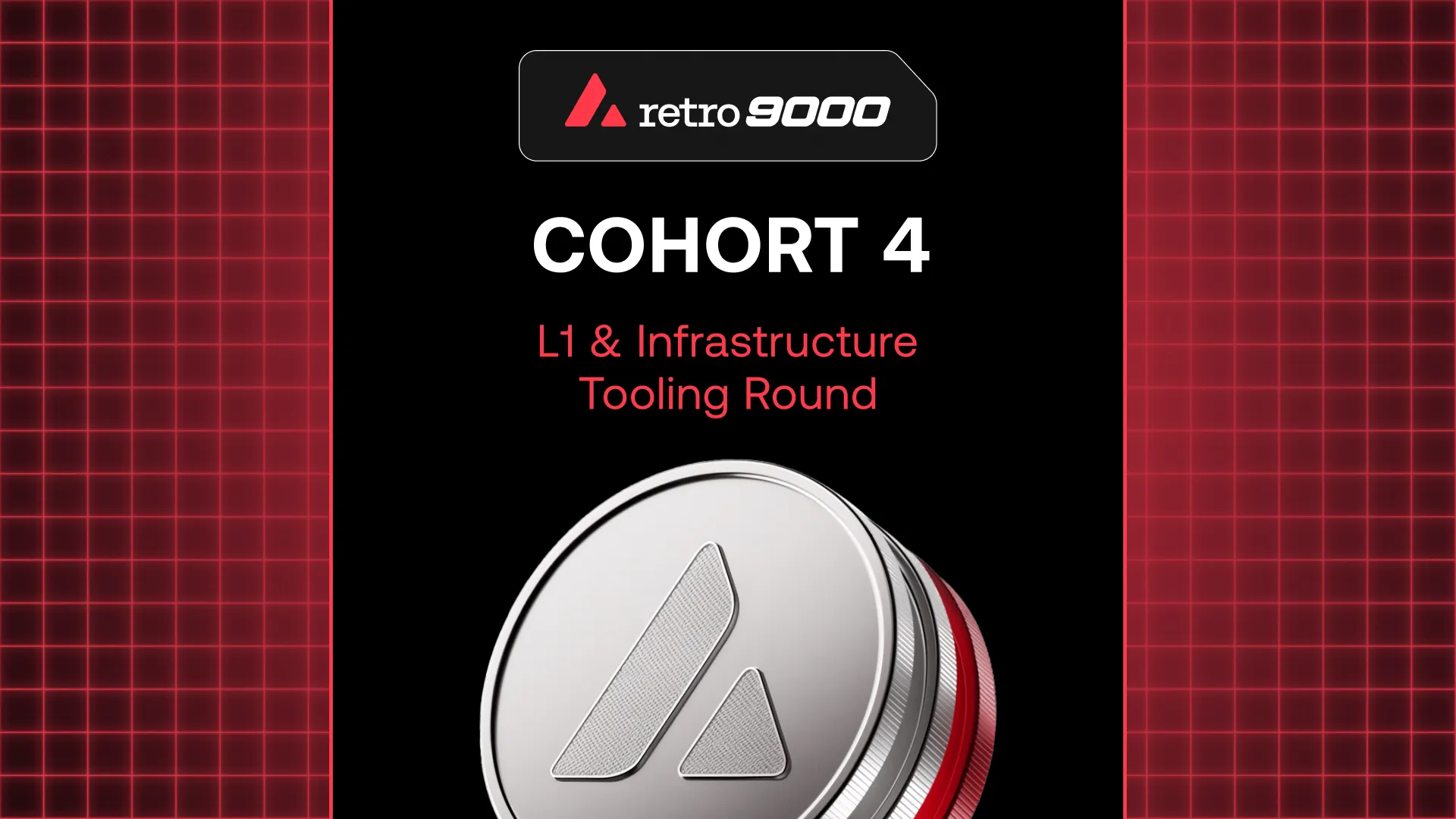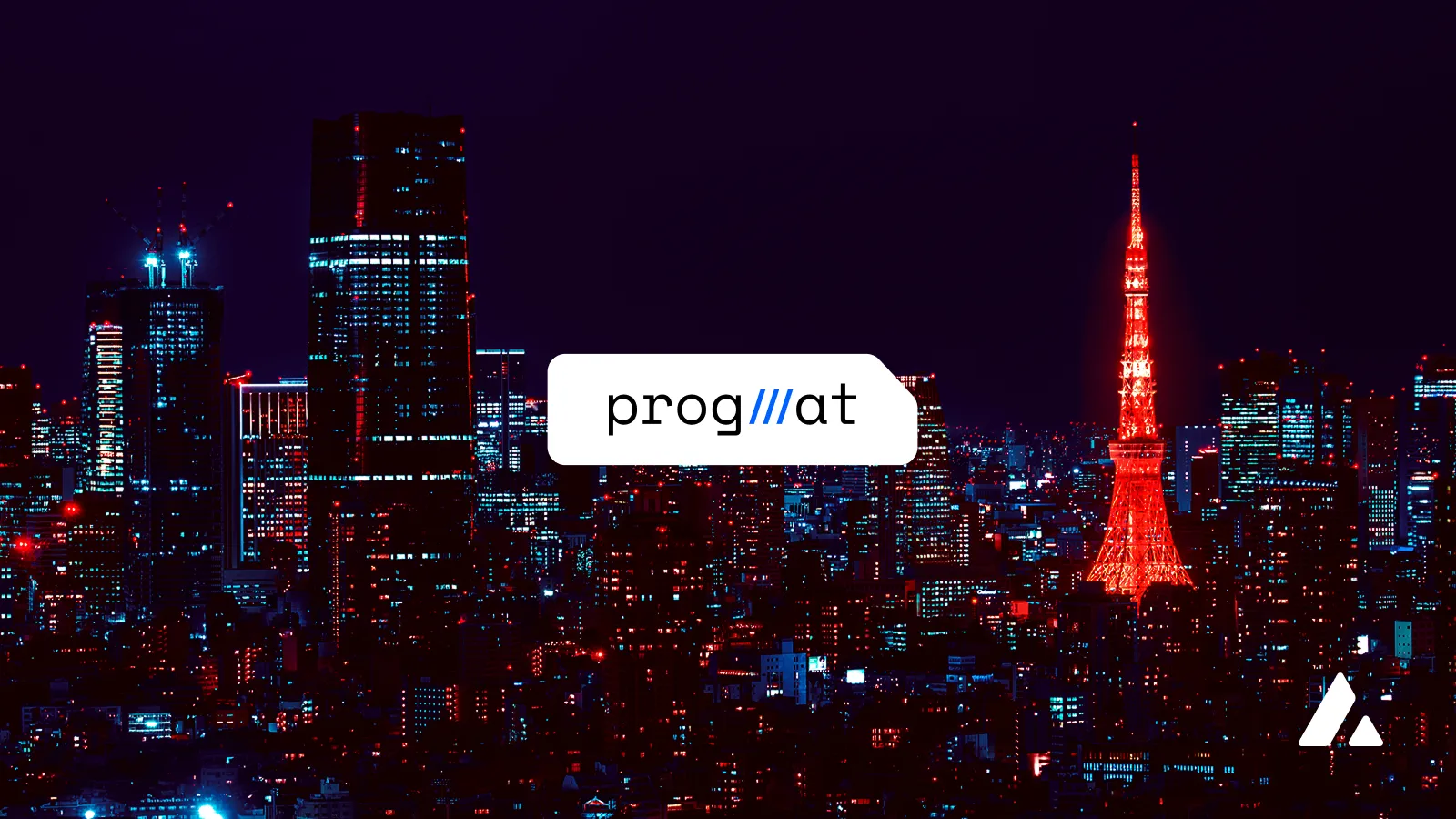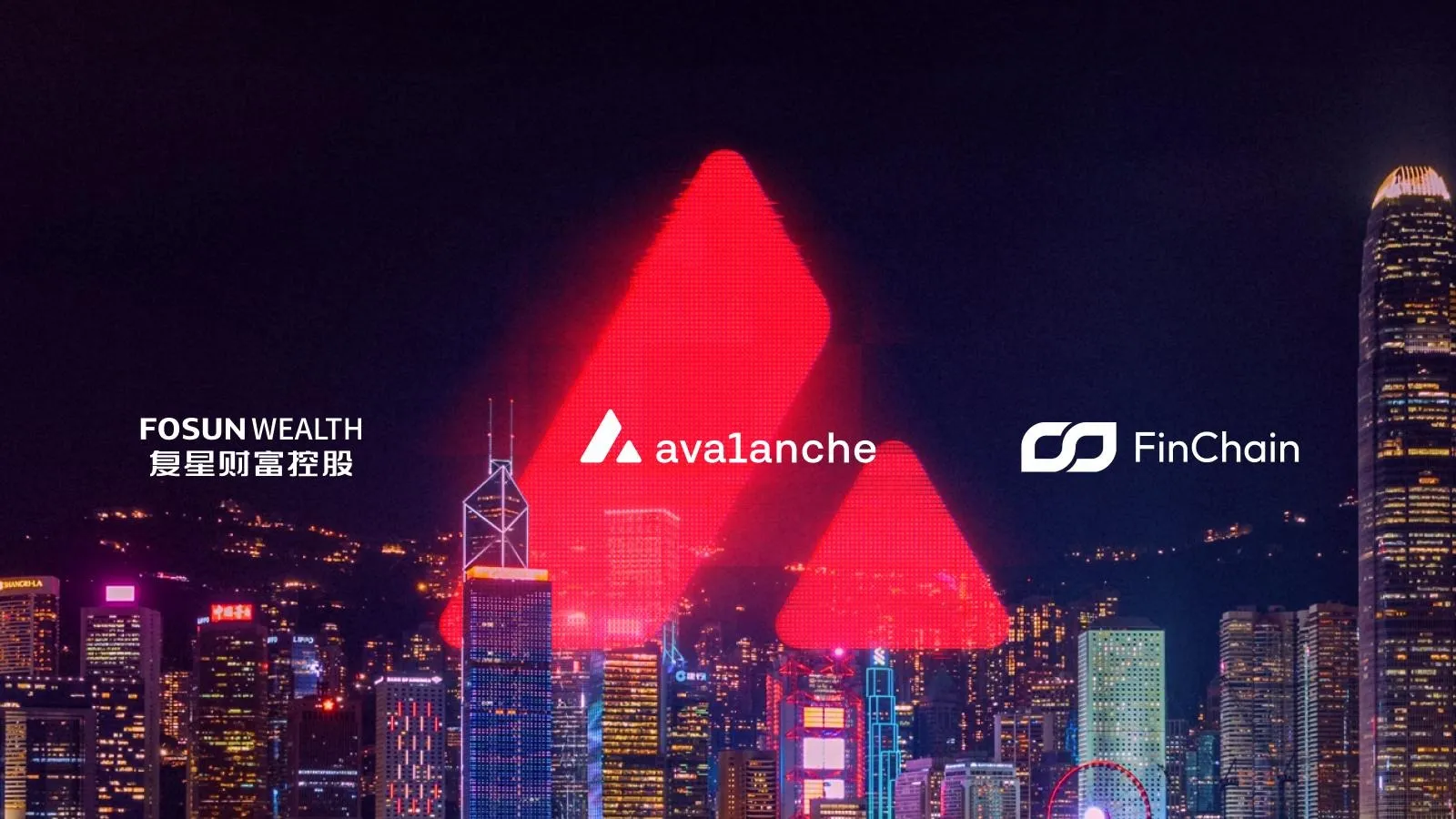How Blockchain Business Solutions Transform Enterprises
How Blockchain Business Solutions Transform Enterprises
Jun 23, 2025 / By Avalanche / 7 Minute Read

A breakdown of benefits for businesses using blockchain, including examples from traditional companies who have found success.
Is blockchain ready for business? As an executive, you might have lingering questions about security, complexity, and costs. It may seem like a decentralized platform is an odd fit for an established enterprise.
But blockchain isn’t just about cryptocurrency or NFTs, and it’s certainly not just for startups.
If you’re not sure whether blockchain is a fit for your business, this article can help. We’ll start with a quick rundown of what blockchain technology is, isn’t, and can do. Then, we’ll explore real-life examples of blockchain at work in businesses from finance to retail and beyond.
What is Blockchain?
Think of Blockchain as a decentralized and immutable digital ledger, or database, that records transactions securely across a network of computers.
In a traditional database setup, a central authority controls and verifies records. Blockchain distributes this responsibility among many participants. This decentralized approach ensures greater transparency, security, and trust, which is why businesses are increasingly exploring its potential.
The Blockchain Bottom Line
Blockchain is a global system that allows multiple parties to share, verify, and trust data without relying on a single authority. This creates a paradigm shift in how value is transferred, whether that value comes in the form of:
Financial (cryptocurrencies, stablecoins, peer-to-peer lending)
Programmatical (like smart contracts)
Archival (auditable and trustworthy information)
Ownership (peer-to-peer assets with verifiable recordkeeping)
Blockchain brings decentralization to each of these categories, supporting new ways to exchange value, no matter what it is, without relying on the intervention of a middleman.
A Blockchain for Business Glossary
Here’s a primer on the essential blockchain terminology you’ll need to know, explained in a business-friendly way:
Smart Contracts
These are self-executing contracts embedded in code. They automatically enforce agreements when predefined conditions are met, reducing paperwork and manual processing.
For example, a smart contract could control the transfer of funds and assets in a realty transaction, without the need for escrow or other third-party intervention.
Consensus Mechanism
The process by which participants in a blockchain network agree on the validity of transactions. It eliminates the need for intermediaries like banks or auditors. These processes are automated with smart contracts; they don’t rely on individual human beings approving each transaction.
Interoperability
Interoperability is the ability of different blockchains to communicate and share data with each other. This is crucial for enterprise applications where different networks need to interact seamlessly.
Public, Private and Hybrid Blockchains
Not all blockchains function the same way. It’s important to choose the right type for your business and use cases.
Public blockchains are open to anyone. They’re transparent and decentralized. These chains are often associated with cryptocurrencies. While they can offer a high level of security and reliability, they’re less suited for dealing with confidential data.
Private Blockchains are controlled by a single organization. Access is only granted to qualified users. Private blockchains are useful for industries in which data privacy is a major concern, like finance, healthcare, and supply chain.
Hybrid Blockchains combine aspects of public and private models. These allow businesses to control sensitive data, while also benefiting from the security and transparency of a decentralized system.
The Business Case for Blockchain
The flashier use cases for blockchain, like NFTs or meme coins, tend to get the most press. When you dig a little deeper, though, it’s easy to see how versatile and useful blockchain can be.
In broad terms, blockchain's true value lies in its capabilities to increase transparency, heighten security, improve efficiency, reduce costs, and enable new business models.
Trust and Transparency
One of blockchain’s most powerful features is its ability to create a single source of truth that all parties can rely on.
Every transaction recorded on a blockchain is entered into a public record with a multitude of redundant copies across a global network of decentralized parties. These records cannot be altered or deleted without leaving a clear history of each transaction. This ensures accountability and reduces the risk of fraud.
Since all transactions are time-stamped and permanently recorded, auditing becomes faster and more reliable, improving regulatory compliance.
Ultimately, the trust and transparency of blockchain builds trust between stakeholders. Suppliers, business partners, and customers alike benefit from having the same access to verified and verifiable information.
Example: The Office of Land Records in the Dantewada District of India uses blockchain to digitize over 700,000 land records. This makes the records tamper-proof and easily and instantly verifiable. The transparency and trust of blockchain have reduced the lag time in land record queries from weeks to minutes.
Example: The Cleveland Cavaliers introduced "Cavs Rewards," a pioneering fan loyalty program developed in collaboration with Uptop and powered by the Avalanche blockchain. Fans can redeem these points for rewards such as game tickets, VIP experiences, and digital collectibles. By leveraging Avalanche's blockchain technology, the program ensures secure, transparent, and tamper-proof tracking of transactions and rewards.
Efficiency and Cost Reduction
Traditional business transactions often involve layers of paperwork, manual approvals, and intermediaries. Blockchain simplifies and automates these processes.
Smart contracts reduce paperwork by automatically enforcing contract terms when predefined conditions are met. This eliminates the need for manual approvals.
By reducing the involvement of intermediaries, blockchain removes delays, allowing for near-instant transactions with lower fees.
Blockchain can streamline the supply chain by empowering businesses to track goods and services in real-time, reducing delays and inefficiencies.
Example: JPMorgan’s Onyx blockchain enables instant, cross-border payments between financial institutions, eliminating the need for slow and costly correspondent banking networks.
Security and Compliance
Blockchain provides a secure, transparent, and tamper-proof way to store and share information. Unlike traditional databases, which can be hacked by targeting a central server, blockchain is distributed across multiple nodes, making it nearly impossible to alter data maliciously.
The immutable nature of blockchain makes it easier to prove compliance with privacy regulations like GDPR and HIPAA.
Blockchain can also enhance security with more reliable methods of identity management. Businesses can use blockchain to store secure login credentials, employee records, and digital identities, reducing the risk of identity fraud.
Example: The California DMV is digitizing 42 million car titles on Avalanche. The security and transparency of blockchain makes it easier to manage personally identifiable information in these records. The DMV expects to use the system to automatically transfer ownership of titles in the near future.
Interoperability and Data Sharing
Blockchain enables seamless and secure data sharing across multiple entities, improving operational efficiency. Instead of each department or organization maintaining its own database, blockchain creates a shared, real-time ledger that is accessible to authorized participants.
This capability for data sharing works both within an organization and between partners. Healthcare providers can securely share patient records with each other, for example, and banks can verify transactions with other financial entities.
Most importantly, blockchain reduces reliance on intermediaries: Businesses can bypass third parties, which helps control costs, reduce processing time, and eliminate complexity that can introduce errors.
Example: Deloitte has integrated Avalanche’s blockchain into its Close as You Go disaster recovery platform. The platform simplifies managing FEMA payments to state, local, and nonprofit actors.
Example: SI Tickets, Sports Illustrated's ticketing platform, has integrated Avalanche's blockchain technology into its NFT ticketing system, Box Office. This integration enhances interoperability by enabling seamless interaction between traditional and NFT-based tickets within the SI Tickets marketplace.
What Makes Avalanche an Enterprise-Ready Blockchain Platform
Avalanche was designed to give developers more flexibility and control, while reducing the complexity of getting a project up and running.
Compared to other blockchain solutions, Avalanche features:
Shorter setup times for faster go-to-market
Lower operational costs with a streamlined validator structure
Customizable compliance for geographical regions, industries, and other compliance measures
Near-instant finality for faster and more efficient operations; most transactions close in less than a second.
Blockchain Is Ready for Business. Is Your Business Ready for Blockchain?
Enterprise businesses are already using blockchain in their day-to-day. More than that, they’re planning new business models that wouldn’t be possible without blockchain. From gaming companies to century-old financial institutions, blockchain for business is here to stay.
Need to know more? Visit our enterprise resource hub.
Keep up with the latest on blockchain for business: Subscribe to the Snow Report newsletter.




